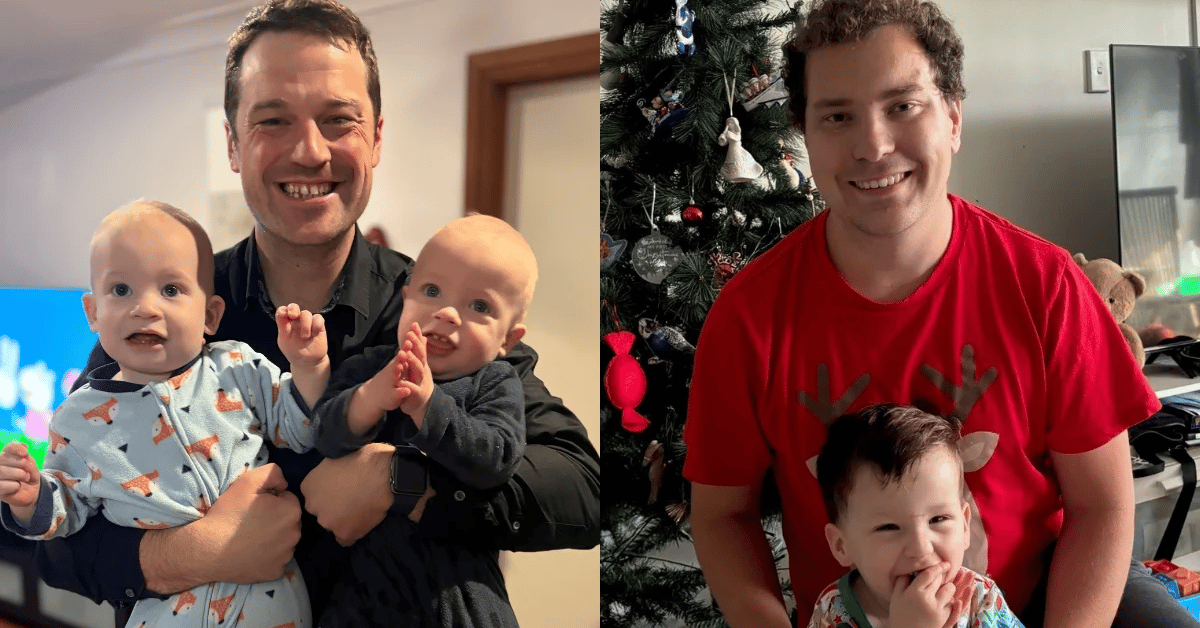According to clinician Aquilina, there are “some overlapping symptoms between mothers and fathers experiencing postnatal depression or anxiety. However, for many dads, depression may present as irritability, anger, or emotional detachment”.
“The perceived pressure to be the steady emotional anchor and primary provider can be overwhelming for dads, especially if their partner is also experiencing mental health challenges,” he said.
Luke certainly resonated with this.
“I started to become very disconnected and exhausted, but also tightly wound. And it’s not the sort of person that I am typically,” he said.
The new dad could recognise he was having mental health issues. But although he knew he should speak up, he couldn’t bring himself to do it.
“Stigma remains a significant barrier to help-seeking among dads, with only 12.9 per cent of Australian men seeing a health professional for their mental health, compared with 21.6 per cent of women,” said Aquilina, referencing the ABS’ National Study of Mental Health and Wellbeing.
“Men may internalise the idea that being a ‘good dad’ means being strong, stoic, and always in control, so admitting [that] they’re not coping can feel confronting and even shameful.”
Luke said that while he really tried to confide in his wife Renee, he stumbled at every turn.
“I remember specifically lying in bed having understood what I was going through and knowing that I could talk about it, and having this thought in my head, lying next to my wife, going, ‘I can open up. I should open up. I know I’m allowed to have these feelings, and I know that I can talk about it.’

